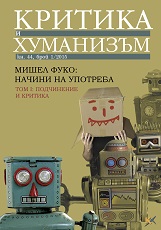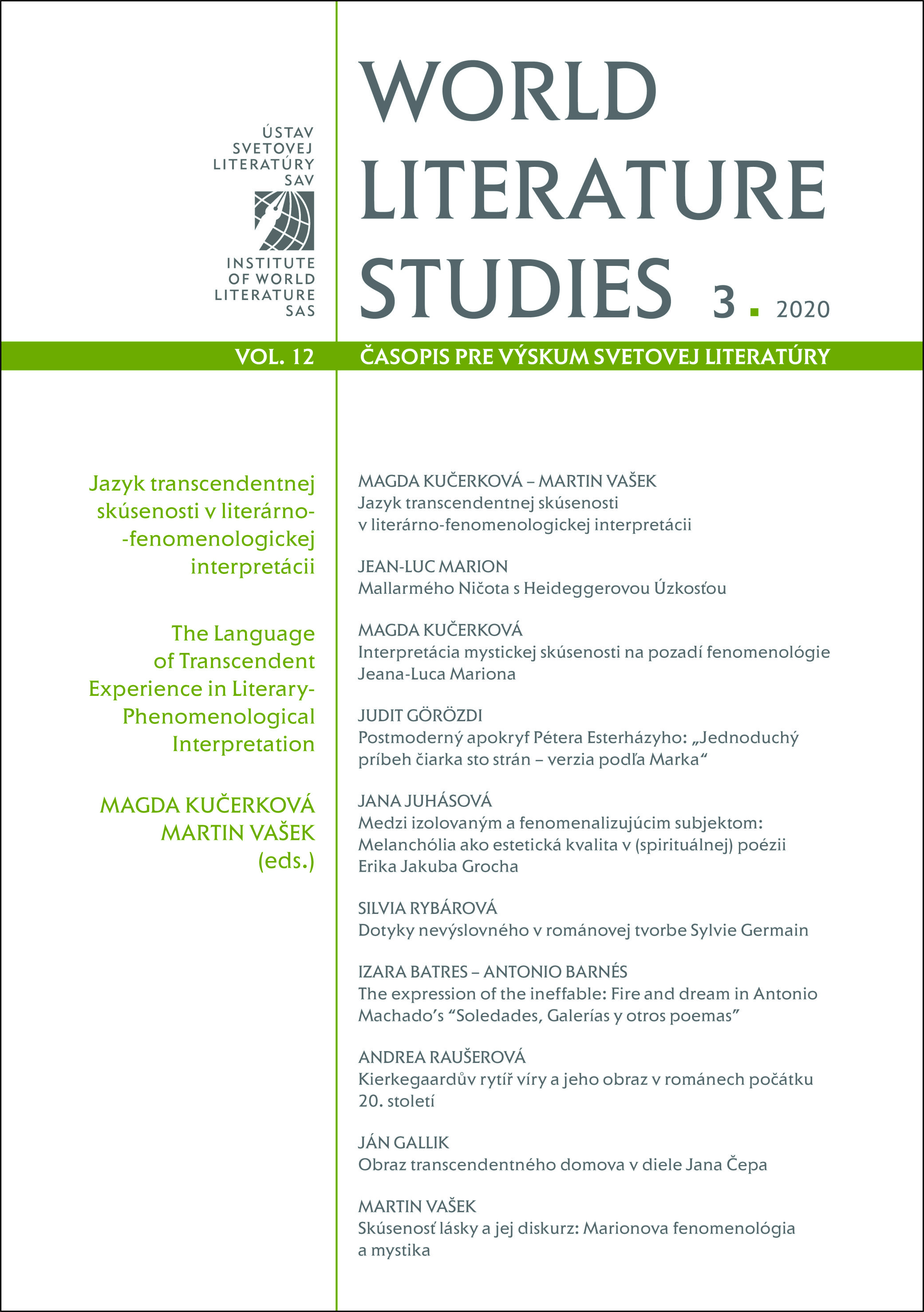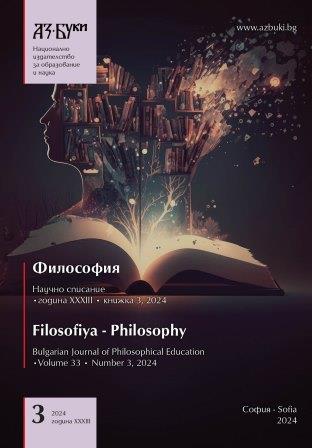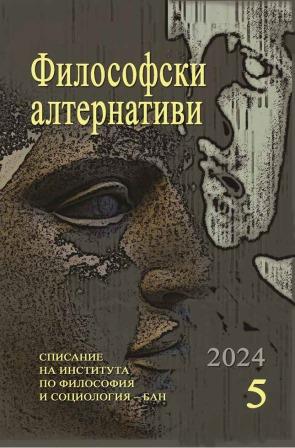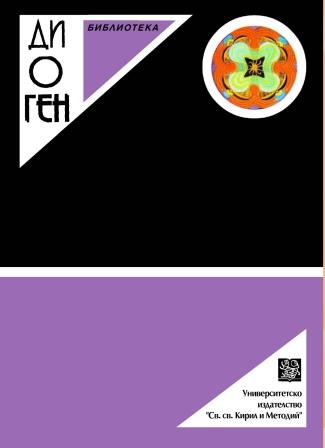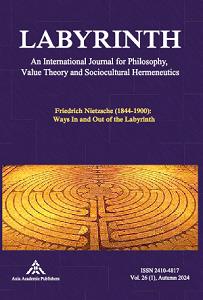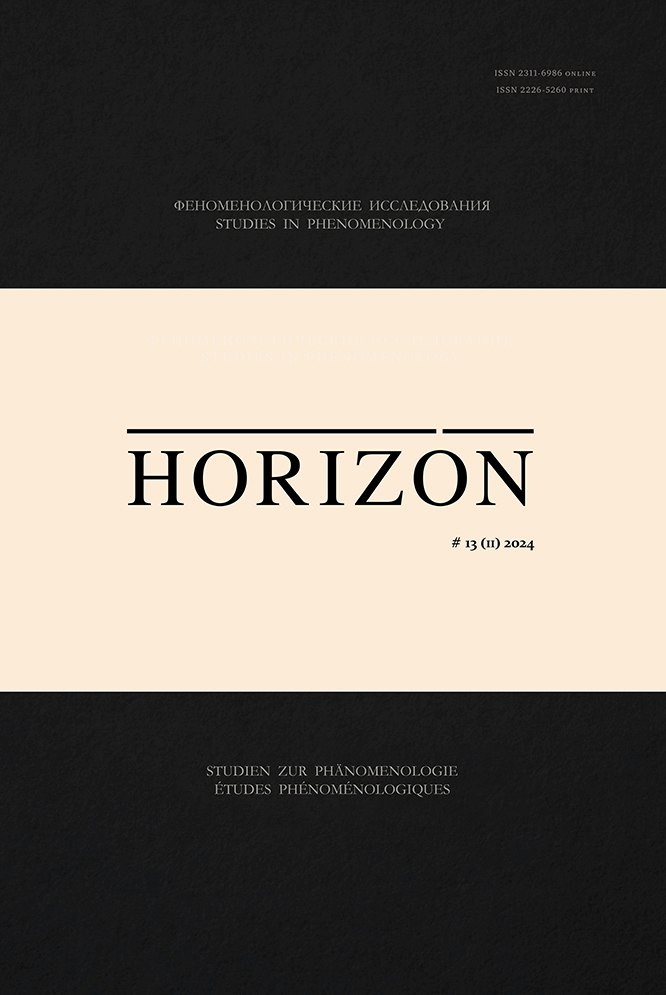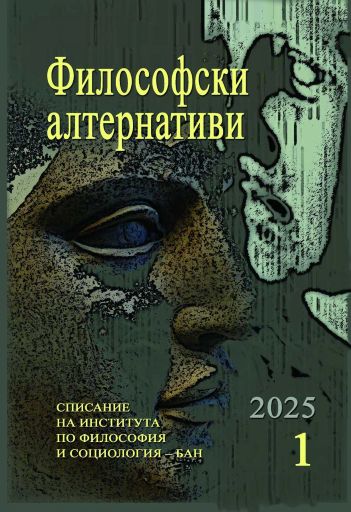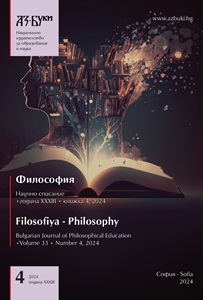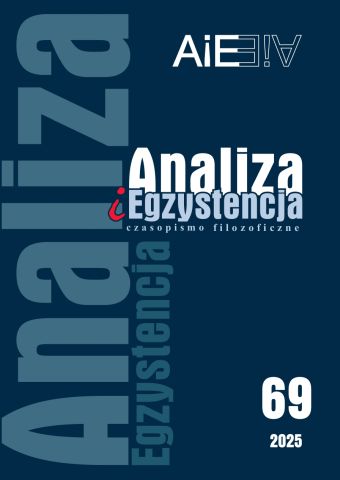Author(s): ANNA SHIYAN / Language(s): Russian
Issue: 2/2024
This text provides an overview of the International Scientific Workshop (Conference) “Transcendental Turn in Contemporary Philosophy — 9: metaphysics, epistemology, theory of consciousness, cognitive science and artificial intelligence, theology”, held in Moscow on April 11–13, 2024, at the sites of the State Academic University of the Humanities and the Russian State University for the Humanities. The review examines both the reports on Kant’s transcendental metaphysics, made at the session “How metaphysics (as a science) is possible: on the way to transcendental metaphysics”, dedicated to the 300thanniversary of I. Kant, and reports on phenomenological problems, which were heard at the sessions “The Transcendental subject: Plato, Kant, Husserl”, “Transcendentalism and Phenomenology — 1:consciousness and cognition”, “Transcendentalism and phenomenology — 2: consciousness and reality” ,“How is transcendental theology possible?” and “Transcendentalism, cognitive science and the problems of AI”. The author analyses the reports of the seminar participants, grouping them around topics and problems, to certain extents covered in these reports: the project of Kant’s transcendental metaphysics, the peculiarities of the phenomenological approach to consciousness, the status and understanding of reality in phenomenology, the concept of a transcendental subject in a historical and philosophical perspective, etc. This approach makes it possible to present the current field of work of modern transcendentalists and phenomenologists and identify areas of future possible research.
More...
